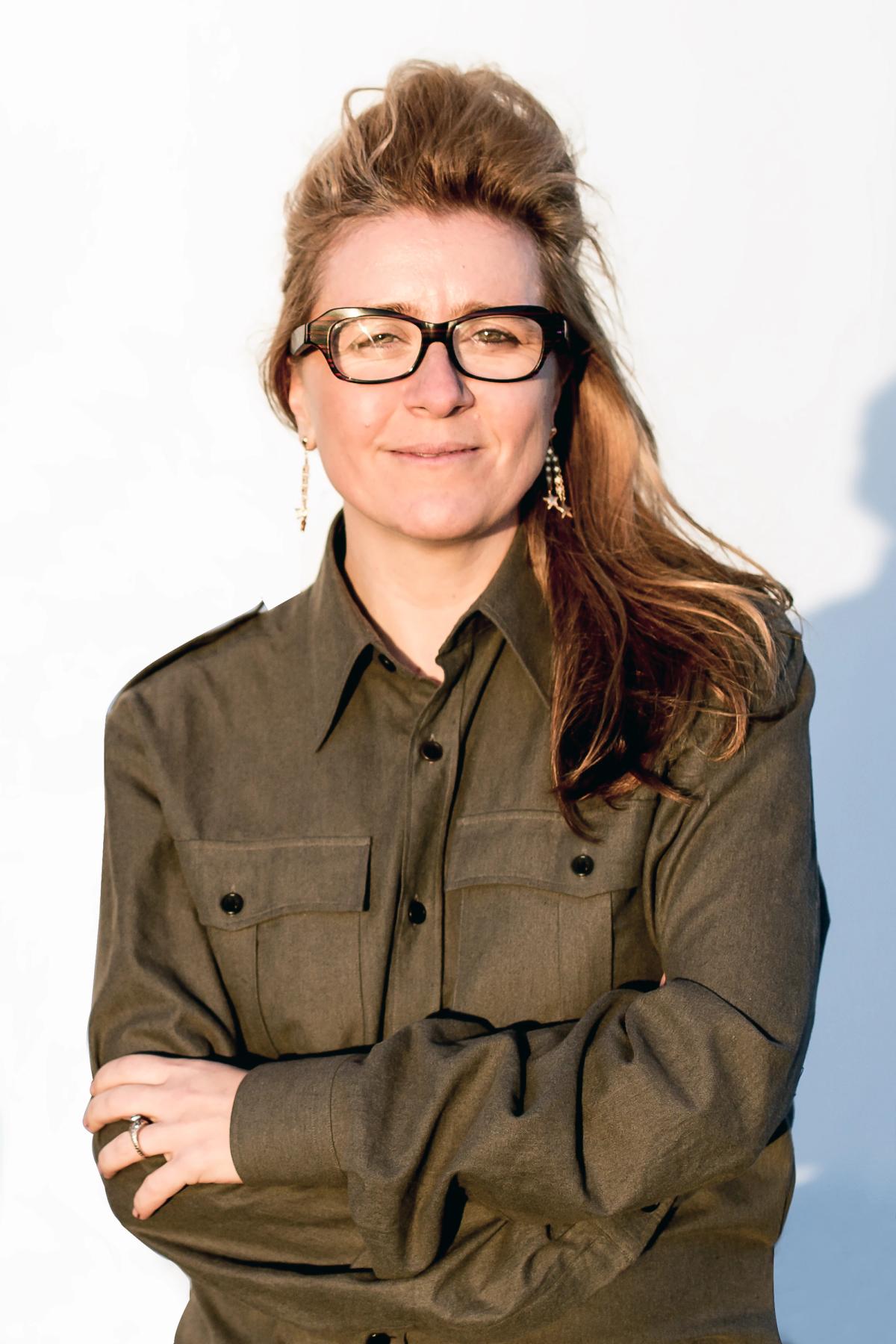Defne Ayas, the Turkish curator selected to organise the next edition of the Istanbul Biennial and then summarily rejected in favour of Iwona Blazwick, has given her first interview since the news emerged.
In February, the Istanbul Biennial’s advisory board, whose members included the former Whitechapel Gallery director Iwona Blazwick, unanimously chose Ayas as the best candidate to curate the next exhibition, which opens in September 2024. But the Istanbul Foundation for Culture and the Arts (IKSV) which administers the show, rejected the board’s recommendation and instead appointed Blazwick.
The decision to appoint a long-serving member of the advisory panel to organise the exhibition has raised serious questions about conflicts of interest at the IKSV and the lack of transparency with which it operates.
Speaking to the reporter Cansu Çamlibel of T24, an independent Turkish online newspaper, Ayas said she was “surprised” that Blazwick had agreed to curate the next Istanbul Biennial because “she voted for me after all,” adding, however, that “it is not clear what kind of circumstances [Blazwick] herself fell victim to and what she had to take on.”
Responding to suggestions that Ayas was judged to be too “risky” because of an exhibition she curated at the Turkish pavilion at the 2015 Venice Biennale, which included a reference in the catalogue to the Armenian Genocide, a massacre which the Turkish government denies took place, Ayas said: “If there was a conflict between me and the institution, why was an invitation to submit a curatorial proposal extended to me in the first place? What happened afterwards that I suddenly became objectionable?” The sequence of events suggests that there was outside interference in the appointment process and that the “selection criteria were determined somewhere else,” Ayas said.
Ayas was notified that she was no longer considered suitable for the Istanbul Biennial via an email from IKSV. It said: “You do not meet our curatorial criteria,” Ayas recalled. “While all this is happening, we are on the eve of the election [that extended President Erdoğan’s two decades in power] and on the eve of the opening of Istanbul Modern,” she said.
Ayas told IKSV that she wanted more information about “the selection criteria, the jury and their feedback. Then a phone call took place and I was told ‘it isn’t the right time’ for me and that the decision to work with another curator had been made.” Ayas said she had received “no satisfactory answers” from IKSV over their handling of the incident.
“We should ask what is the current role of the Istanbul Biennial? […]At a time when authoritarian regimes are resurgent all over the world, how can biennials continue to open up a field of oxygen and experimentation for us?”, Ayas asks.
She predicts that once it emerges from this period of turmoil, the biennial “will continue to be a global platform but…we are now in a situation where IKSV needs to renew itself, just as every private and public institution in the world needs to continuously renew itself.”
The full interview, in Turkish, is available here.


